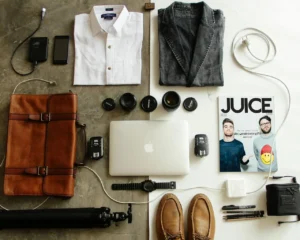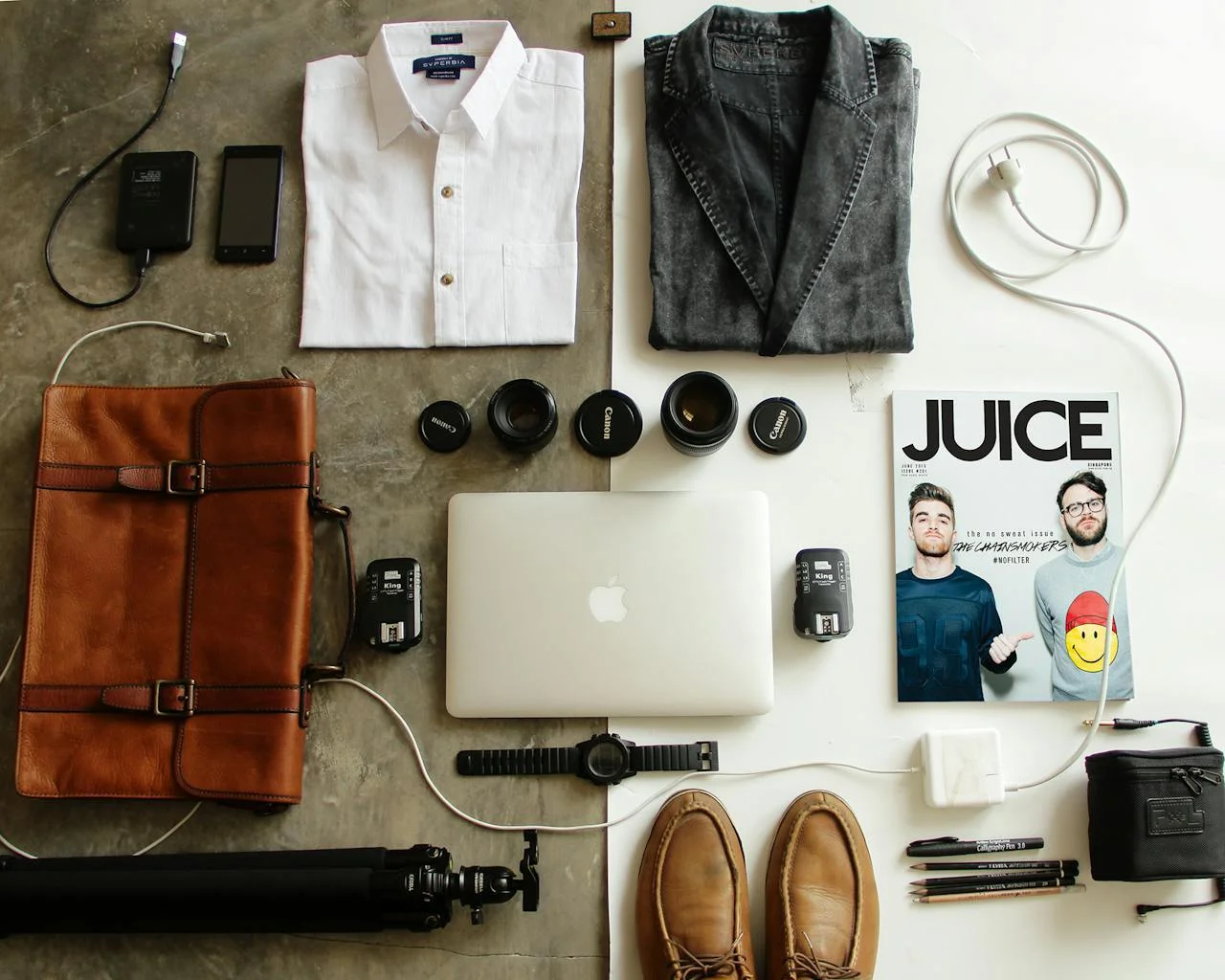Preparing to study away from home—whether locally or abroad—is an…
Preparing to study away from home—whether locally or abroad—is an exciting yet overwhelming experience. Packing efficiently ensures you have everything you need without overloading your luggage. Here’s a comprehensive packing guide for students to make your transition smooth and hassle-free.
1. Research Your Destination
Before you start packing, gather information about your destination:
- Climate: Know the weather conditions year-round to pack appropriate clothing.
- Accommodation: Check if your dorm or apartment provides essentials like bedding, cookware, or furniture.
- Cultural Norms: Some destinations may have dress codes or cultural sensitivities to consider.
- Travel Restrictions: Be aware of baggage allowances and items prohibited by airlines or customs.
2. Essentials to Pack
a. Important Documents
Keep all your important paperwork organized in a folder:
- Passport and visa (if studying abroad).
- University admission letter and enrollment documents.
- ID cards (national ID, driver’s license).
- Financial documents (bank statements, scholarship letters).
- Travel insurance or health insurance documents.
- Copies of these documents (digital and hard copies).
b. Electronics
Technology is crucial for student life, so pack these essentials:
- Laptop or tablet (with a charger).
- Smartphone (with an international SIM card if applicable).
- Power bank.
- Plug adapter and voltage converter (if studying abroad).
- Headphones or earphones.
- External hard drive or USB flash drives for backups.
c. Clothing
Focus on versatility and comfort:
- Everyday wear: T-shirts, jeans, and casual outfits.
- Formal attire: For presentations or special events.
- Seasonal clothing: Jackets, scarves, and gloves for winter; breathable fabrics for summer.
- Shoes: Comfortable everyday shoes, sneakers, and formal shoes.
- Undergarments and socks (enough to last between laundry days).
- Pajamas and loungewear.
- Gym or sportswear if you plan to stay active.
d. Personal Care Items
Pack travel-sized toiletries to start with:
- Toothbrush, toothpaste, and floss.
- Shampoo, conditioner, and soap.
- Skincare products and sunscreen.
- A first aid kit with basic medications.
- Hairbrush or comb.
- Towels and washcloths.
3. Academic Supplies
Ensure you’re ready to hit the ground running academically:
- Notebooks, pens, pencils, and highlighters.
- A planner or calendar for organizing your schedule.
- A backpack for daily use.
- Course materials or textbooks if required (check with your university first).
4. Kitchen Basics
If you’ll be cooking for yourself, consider these essentials:
- A small set of utensils: knife, fork, spoon, and chopsticks.
- A compact cooking pot, pan, and spatula.
- Reusable water bottle and travel mug.
- A few plates, bowls, and cups.
- Dish soap, sponge, and kitchen towels.
5. Comfort and Entertainment
Make your new place feel like home:
- Bedding: Sheets, pillowcases, and a lightweight blanket (if not provided).
- Photos or decorations to personalize your space.
- A small toolkit for assembling furniture.
- A favorite book, journal, or games for downtime.
6. Money and Banking
Handle your finances efficiently:
- Local currency for initial expenses.
- Credit or debit cards (ensure they work internationally if studying abroad).
- Documents to open a bank account (if required).
7. Snacks and Spices
Pack your favorite snacks or spices from home, especially if they might not be available at your destination. This can be a comforting reminder of home when you’re feeling nostalgic.
8. What to Leave Behind
Avoid overpacking by leaving these items out:
- Bulky items easily purchased at your destination, like toiletries or laundry detergent.
- Unnecessary electronics or gadgets.
- Excessive clothing—focus on essentials and buy more if needed.
- Items prohibited by customs or airline regulations.
9. Packing Tips
- Make a Checklist: Use a checklist to ensure you don’t forget anything.
- Roll, Don’t Fold: Rolling clothes saves space and reduces wrinkles.
- Pack Smart: Put heavy items at the bottom of your suitcase and fragile ones in the middle.
- Use Packing Cubes: These help keep your items organized and maximize luggage space.
- Weigh Your Luggage: Check airline weight limits to avoid extra fees.
10. Prepare for the Unexpected
- Keep a set of clothes and essentials in your carry-on bag in case your luggage gets delayed.
- Include a small sewing kit for quick fixes.
- Pack an umbrella or raincoat if your destination is prone to rain.
Final Thoughts
Packing for your academic journey can be overwhelming, but with proper planning and organization, it becomes a manageable task. Focus on the essentials, leave room for things you might acquire later, and ensure you’re well-prepared for the exciting adventure ahead.
Happy packing and best wishes for your student life!
Related Articles
Explore our latest news about study abraod.



